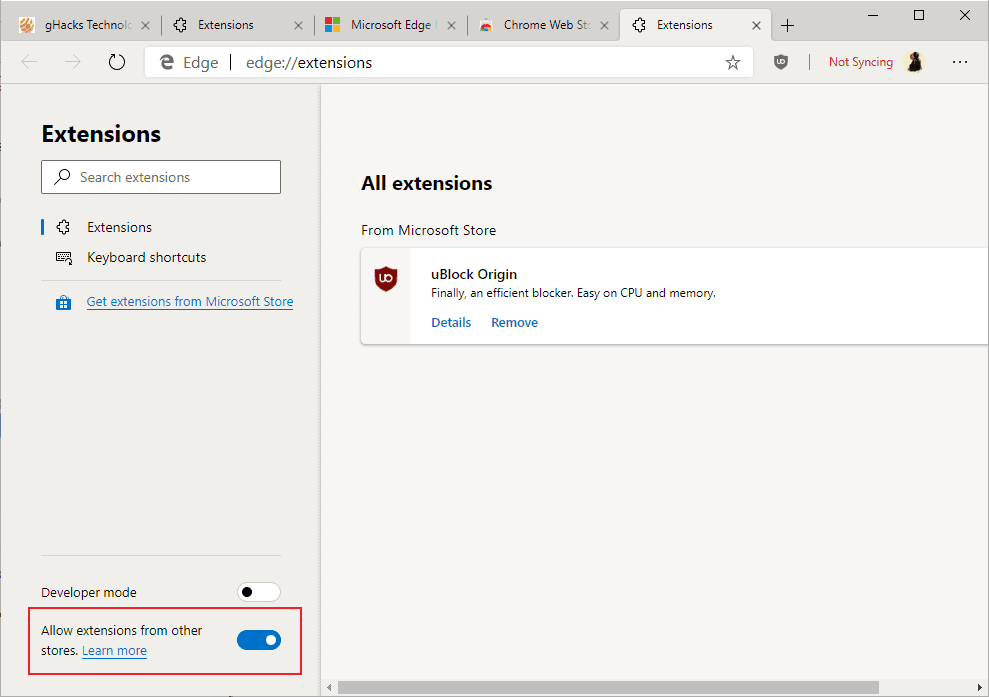
Steps You Can Take to Protect Your Personal or Confidential Data Credentials are only passed within the content script when required for the features of the extension to operate. It is important to note however, the browser extension isolation issue has been resolved in Google’s Chrome 92.įor example, the LastPass browser extension’s content script is utilized to transfer credentials from your encrypted vault to the web page for submission, and we limit the amount of time that secrets are stored in memory to a minimum only as required. Malicious browser extensions can also potentially bypass the specific isolation barriers and access data within other extensions. Content scripts can read details of the web pages the browser visits, make changes to them, and pass information to their parent extension.
#Chrome lastpass extention software
To greatly reduce the risk associated with this attack, progress has been made with Google’s Chrome 92 (as noted above) and Firefox with Fission enabled, and in addition, we continue to recommend the security best practices outlined below.Īnother consideration is browser extensions software installed within your browser utilizing content scripts, files that run in the context of web pages. This method of attack can potentially grant access to all the data that is stored in memory for those running websites, including someone’s potentially personal or confidential data. This can happen when a malicious website shares a top-level domain with a non-malicious website and browsers optimize to put that website into the same process. One of the methods an attacker may use is coercing a running website to group into the same ‘isolated processes’ with that of a malicious website. While most programs are designed with this feature, recent research has revealed methods in which the vulnerability could exploit the ‘isolation’ aimed to protect a users’ data. This ‘site isolation’ is performed by running each webpage and/or browser extension in different computer processes to keep them quarantined from one another. Google’s Chrome, and other browsers, isolate webpages and/or browser extensions to prevent malicious webpages and/or browser extensions from being able to read that application’s potentially personal or confidential data. We encourage all our customers using the LastPass browser extension to review the latest developments and our recommended security steps outlined below to better protect their personal or confidential data. Google has recently released updates intended to protect against these types of attacks and prevent data from potentially being compromised on Chromium-based browsers like Chrome. The latest developments have additionally uncovered possible attack vectors or types that attempt to compromise the potentially personal or confidential data stored on any website(s) and/or browser extension(s), regardless of site or extension provider.

#Chrome lastpass extention password
As emerging research developed this year across the industry, we actively worked with Google’s Chromium Site Isolation Team to better understand any potential impact on browser-based password managers. Spectre had the capacity to affect any website or browser-based extension running on potentially impacted hardware.Īt that time, LogMeIn immediately began investigating and taking measures designed to limit the impact of Spectre.

This vulnerability was shown to have the potential to break the isolation between running applications and allow data to be stolen from programs that are simultaneously being run on a computer.

In 2018, a third-party hardware vulnerability, called Spectre, was discovered that affects most modern central processing units (or “processors” for short).


 0 kommentar(er)
0 kommentar(er)
